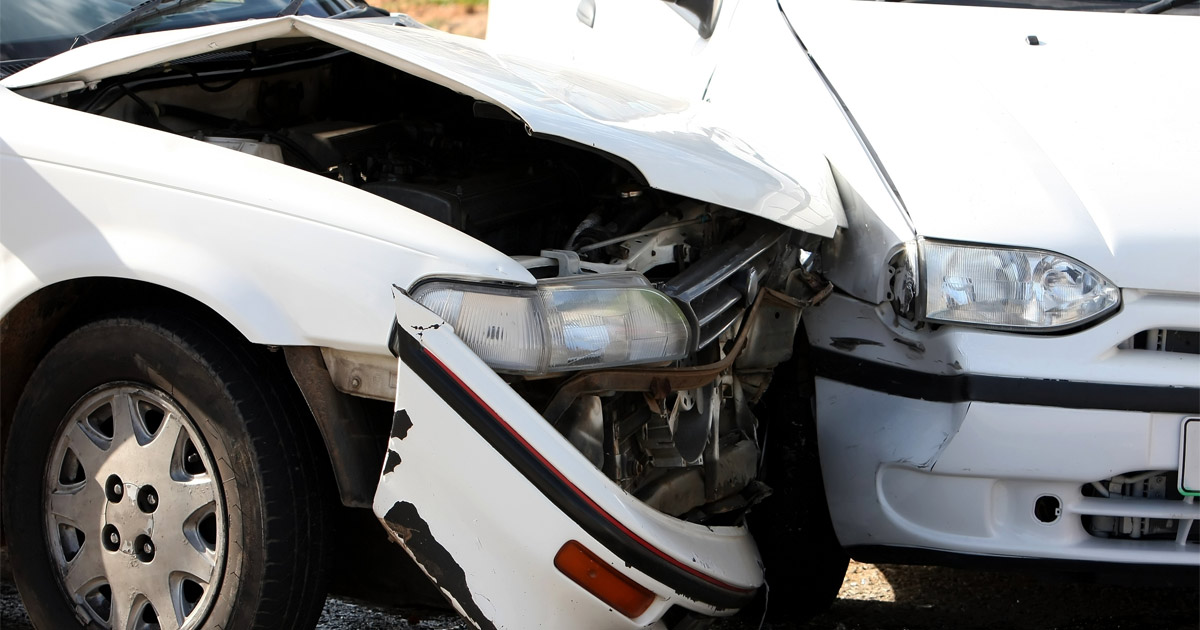When car accidents occur, insurance companies must determine who was at fault. Police reports and eyewitnesses may factor into the decision. If one of the drivers is under the influence of drugs or alcohol, that will become a factor. When a driver was suddenly or not-so-suddenly struck by a medical condition, determining who was at fault may become more complicated.
Some examples of medical events that can trigger a car accident include the following:
- A seizure
- A heart attack
- A fainting spell
- Diabetic shock
Each of these events can cause the driver to lose consciousness and therefore lose control of the vehicle. Legally, in order for the driver to not be found at fault, the driver will have to demonstrate:
- That the loss of consciousness occurred before the accident
- That the loss of consciousness was the primary cause of driver’s inability to control the vehicle
- That the loss of consciousness was caused by an unforeseeable medical event
Was the Medical Emergency Foreseeable?
The question of foreseeability is a major factor in accidents in which the driver suffered a medical event. If the driver knew that he or she had a medical condition that could cause a loss of consciousness, it will be up to the driver to prove that losing consciousness at the moment of the accident was not foreseeable.
For example, if the driver’s doctor had advised them not to drive as a result of the severity of her seizure disorder, it is likely that losing consciousness behind the wheel was foreseeable. If the driver’s seizures were normally under control because of medication and they had not had a seizure in over 10 years, the driver may have a better argument that having a seizure while driving was unforeseeable.
Many heart attack sufferers, although they may be at higher risk of having a second heart attack, are usually not under any medical orders to avoid driving; therefore, it may not be foreseeable that a driver would have a second heart attack while driving. However, if the driver was not feeling well in the weeks leading up to the car accident and they were having symptoms such as periodic chest pain or shortness of breath, that may be evidence that suggests that the second heart attack was in fact foreseeable.
Determining Liability When a Medical Condition is a Factor in the Accident
When determining liability for a car accident when a medical condition is involved, it is important to learn all of the facts. Whether the driver was the motorist with the medical condition or the opposing driver who was injured as a result of another driver’s medical condition, each case will be different depending on the facts and circumstances surrounding the case. It is important to ensure that the legal team involved learns all the facts.
Brooklyn Car Accident Lawyers at Eaton & Torrezano Help Victims of Accidents Caused by a Medical Emergency
If you have been injured in a car accident and the other party suffered a medical condition at the time of the accident, you may believe that your case has more challenges. The Brooklyn car accident lawyers at Eaton & Torrenzano can help find out the important facts in the case and provide you with advice on how to proceed. We will examine every aspect of your accident and secure the compensation you deserve. Call us today at 718-332-7766 or contact us online for a free consultation. With offices in Brooklyn and Staten Island, New York, and Hillsborough, New Jersey, we serve clients in Brooklyn, Queens, Staten Island, the Bronx, and Manhattan, Kings County, and Richmond County.








